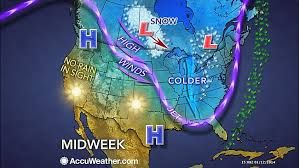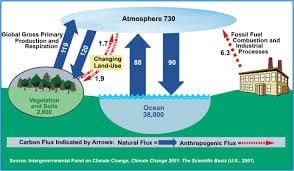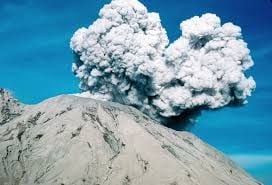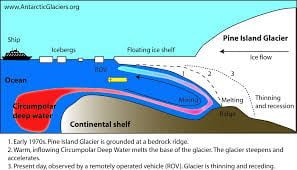
Polar Vortex Returns to US Despite World’s 4th Warmest Winter
Remember the polar vortex in January 2014 that took temperatures in the eastern half of the US into double digits below zero? Starting today and continuing for the remainder of the week, another polar vortex will bring down eastern US temps again. http://www.weather.com/news/weather-winter/bitter-cold-finish-february-20140221 Northeasterners should expect snow, too! http://www.bloomberg.com/news/2014-02-24/polar-vortex-set-to-bring-more-snow-on-return-to-u-s-this-week.html
That’s a small piece of the global weather, where for all time since the first 1880 weather records the average temperatures reached the 4th highest ever. Compared with 2013, temps were about 1.17 degrees Fahrenheit higher in January 2014, not that Midwestern and east coast US residences would notice. http://www.usnews.com/news/science/news/articles/2014/02/20/world-had-4th-warmest-january-as-eastern-us-froze
News reports describe how polar vortexes form and behave, how world warmth hit the Sochi-based Olympics, and generally how everywhere except my family home in Wisconsin, USA, has felt a warm winter. In the mean time, in the US, residents will face higher energy bills than ever for February. http://www.eia.gov/forecasts/steo/report/electricity.cfm
We look forward to miserable cold in the eastern half of the US for the rest of February. http://HamiltonFinanceServices.com In other words, Yuck! We’re staying on the road, more specifically, the west coast of the US, for another month. How about you?
hamilton.jerry

 Today’s Cyber Reality Raises Questions; Is It Safe Yet?
Today’s Cyber Reality Raises Questions; Is It Safe Yet?
 Volcanic Ash Accounts for Warming Slow-down, Maybe More
Volcanic Ash Accounts for Warming Slow-down, Maybe More Antarctic Ice Thaw To Flood For Decades Even Without Global Warming
Antarctic Ice Thaw To Flood For Decades Even Without Global Warming
 Communication, Content and Cyber Society
Communication, Content and Cyber Society Fiber Frenzy Across US
Fiber Frenzy Across US